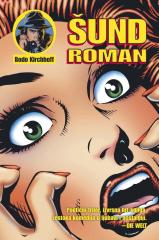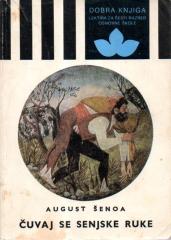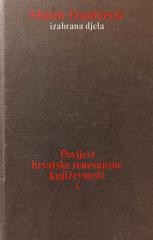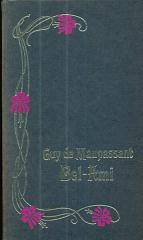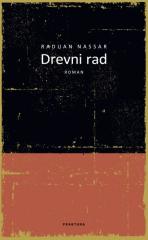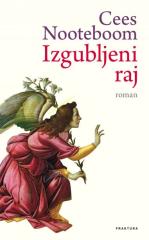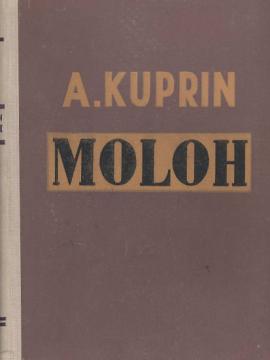
Moloh
This novel sharply criticizes the rapidly growing Russian capitalism and reflects the growing industrial unrest in the country, and is considered Kuprin's debut.
The plot follows engineer Andrej Bobrov, who works for a ruthless capitalist industrial enterprise and is increasingly uncomfortable with what is happening around him. After losing Nina, the woman he loves, at the hands of the immoral industrialist Kvašnin, the owner of that company, he experiences a nervous breakdown and remains a broken man, prone to frenetic and fruitless discussions with his own "doppelganger". The end of the story suggests the outbreak of a workers' uprising.
Some of the key characters in the novel are:
- Andrey Bobrov: A sensitive and socially conscious man who recognizes the factory where he works as an insatiable Moloch, the ruthless Ammonite god for whom children were "passed through fire" in ritual sacrifice (2 Kings 23:10).
- Kvashnin: The owner of the company, "greedy, lecherous, monstrously fat", whom Bobrov sees as the personification of "industrial immorality".
- Svezhevsky: Disgusting careerist, "modern Uriah Heep" (Nicholas Luker).
- Zinenko: The man in charge of warehouses in the factory; he bullies his superiors, gossips about his colleagues and tyrannizes his subordinates.
- Nina: Zinenko's daughter, a beautiful young woman with whom Bobrov falls in love and who is more impressed by Kvashnin's wealth. She should marry Svezhevsky to become Kvashnin's mistress under the guise of respectability.
- Goldberg: The doctor at the factory and Beaver's only friend.
- Andrea: A well-educated and extremely intelligent Belgian engineer. The novel "Moloch" is deeply rooted in the social and economic problems of the 1890s, reflecting the growing unrest among the new working class. Kuprin successfully conveyed the tension and conflicts of that time in his work.
Although the novel was written more than a century ago, its subject matter still has relevance in the contemporary context.
One copy is available
- Traces of patina
